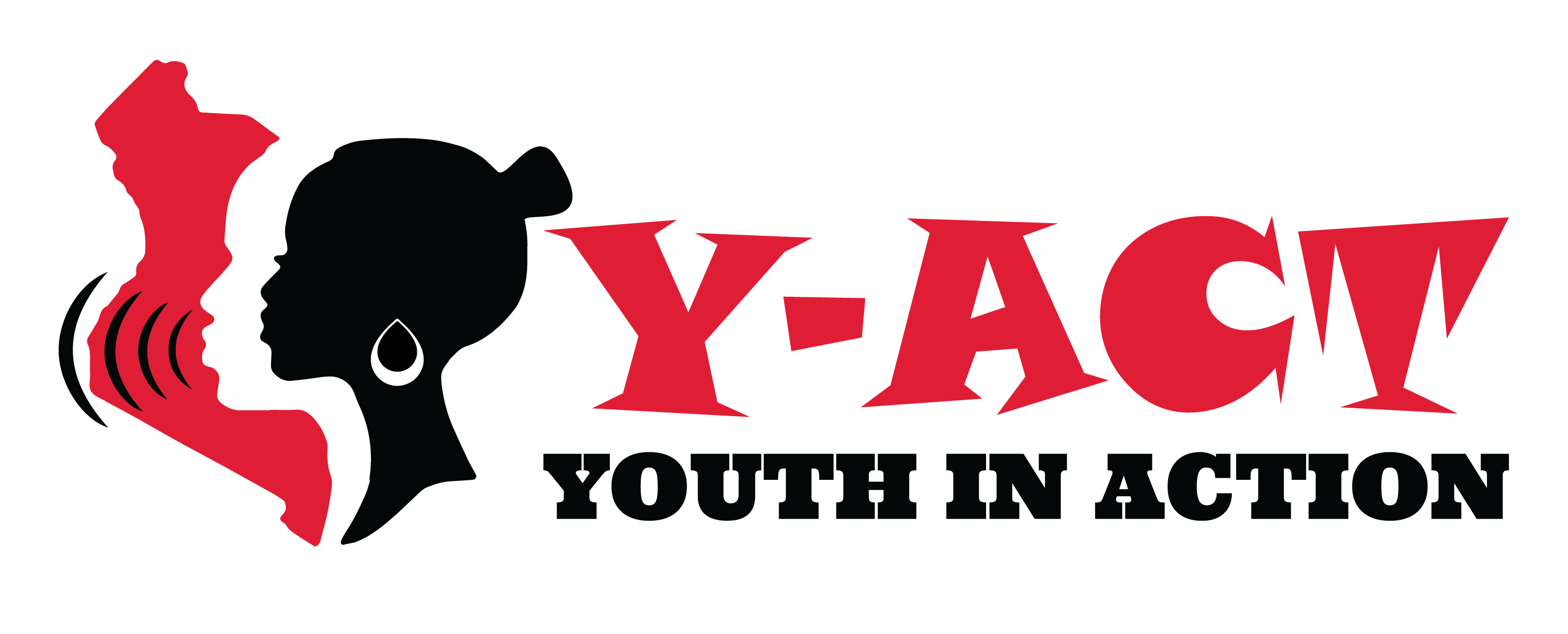Like many Kenyans today, I am watching the procession of the last rites of the Late Hon. Mwai Kibaki, as we bid goodbye to the country’s third president. He has been a remarkable fixture of our history as a people, having relentlessly served this country for over 50 years. The accolades abound, and his legacy of service is undeniable. He seemed to live out the call of the country’s National Anthem: “Let one and all arise, With hearts both strong and true. Service be our earnest endeavour, And our Homeland of Kenya Heritage of splendour, Firm may we stand to defend”.
His vision set in motion a metamorphosis that has progressively affected the lives of Kenyans; and will continue to do so for generations. My fireside chats with my father have over the years given me a better understanding of who the man Mwai Kibaki was; in their interactions as young men and as the years passed, and old age and wisdom set in. “He used to say that, when someone begs you for food, give him a ‘jembe’ (hoe) instead,” my father said. Indeed, when you change a person’s mind such that they want better for themselves, that is when we start pushing the needle on what the people will then require of their leaders.
Back in 2004, I remember the draft Constitution being part of my coursework in my Constitutional Law class – we studied the text, queried it, and posited arguments on how governments should run and the role that the country’s supreme law would play. Years later (2010), we watched as President Kibaki led the country through one of the most defining moments in Kenya’s history as we promulgated a new constitutional dispensation. This again was a moment I experienced seated next to my father. I vividly remember watching the live-streamed event, and wondering what it could mean. In his never-failing foresight, my father told me that the opportunity my generation now had was similar to what his and Kibaki’s generation had at the fall of the colonial government and the dawn of Kenya’s self-governing rule. He continued to explain that as young Kenyans, the country was looking to them to realize the dream of Kenya the country and that the 2010 Constitution was a call for us to realize the nation’s promise. I did not know this at the time, but it came to pass that working towards making the promises of the 2010 Constitution a reality would be the cornerstone of my career.
Kenya needed a humble, idealist servant leader to pave the way for a wide-eyed idealist such as myself – the epitomes of this new order forever gave us a place to stand. At this moment, we begin to have a visceral understanding that leadership is probably one of the most significant roles in our society today and has the power to change the course of history. Leadership is a verb; with it may come position and power, but those we serve feel the impact. In President Kibaki’s own words, “Leadership is a privilege to better the lives of others. It is not an opportunity to satisfy personal greed.”
The quality of life that the citizens of any country have is in large part a reflection of the commitment of those in leadership positions to serve their people. In Africa today – the quality of young people’s lives will then be a reflection of our governments’ commitments to listen to the voices of the youth and invest in the skills, capacity, and opportunities that young people need to participate in their own lives and the development of the continent.
President Kibaki started his journey of service as a young man committed to developing a nation – his life is a testament that young people can live out the promises of the nations. Young people in Africa today need us to renew our commitment to lead from service and better the lives of everyone.
Authored by Vania Kibui
